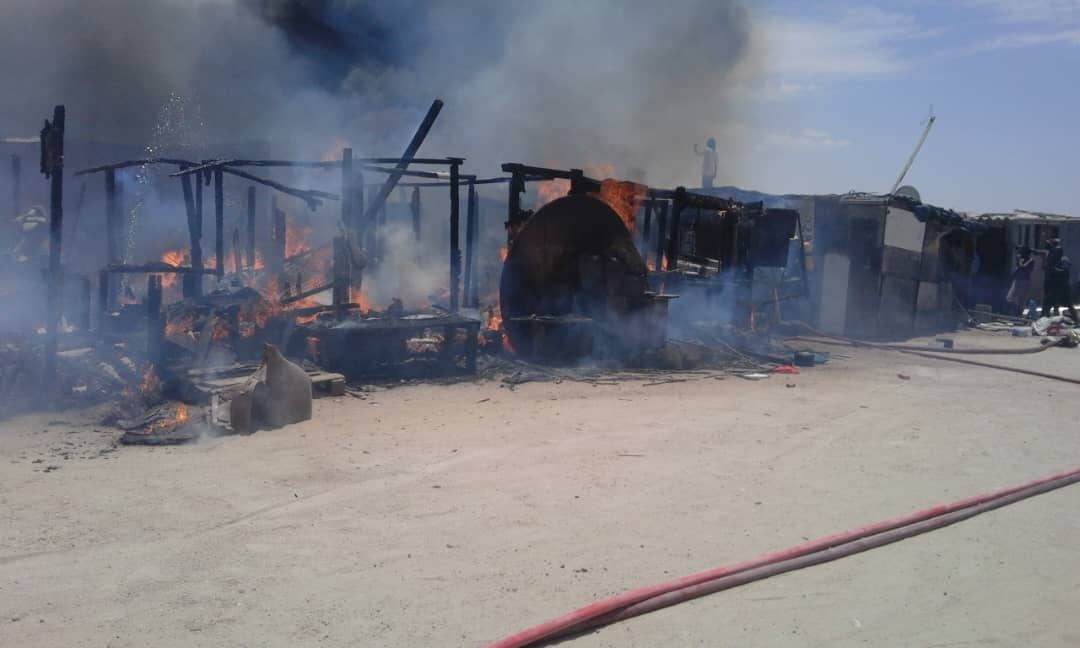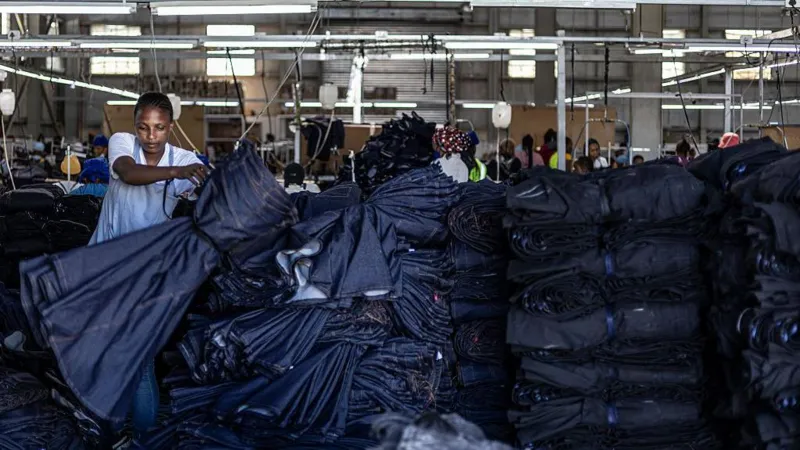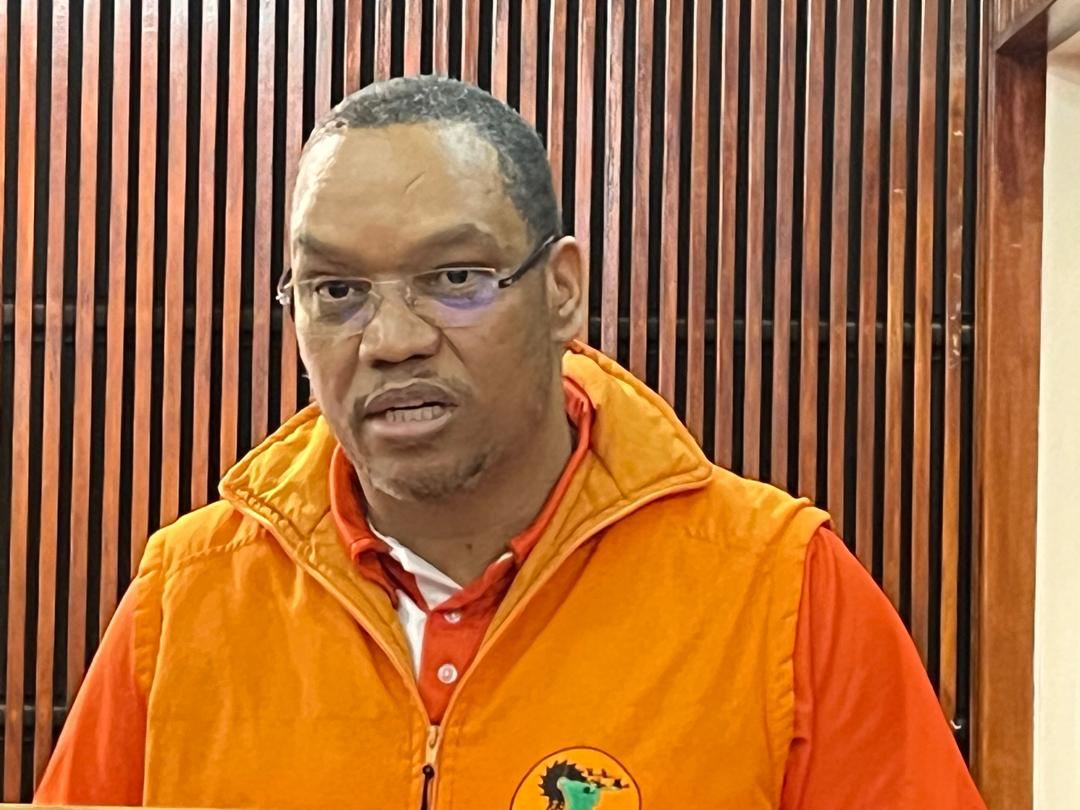KABUL – Police officials from some of Afghanistan’s most violent regions questioned the need for more US troops, saying yesterday it would increase the perception they are an occupying power and that the money was better spent on local forces.
The police officials were responding to a confidential report in which General Stanley McChrystal, the top US and Nato commander in Afghanistan, warned the war was getting worse and could be lost without more troops. Details of McChrystal’s assessment was first reported late Sunday by The Washington Post.President Barack Obama earlier this year approved sending 21 000 more troops to Afghanistan, bringing the total number of US forces there to 68 000 by the end of 2009. Increasing that number risks alienating Afghans, police officials said.’It is very hard for local people to accept any foreigners who come to our country and say they are fighting for our freedom,’ said General Azizudin Wardak, the police chief in Paktia province. ‘To give the idea that they are not invaders, that they are not occupiers, is very difficult.’Mohammad Pashtun, the chief of criminal investigation unit of southern Kandahar province, the Taliban’s heartland, said that the money would be better off going to Afghan forces.’Increasing international troops is not useful,’ he said. ‘For the expense of one American soldier, we can pay for 15 Afghan soldiers or police.’General Abdul Jalal Jalal, a board member of the national police academy, called for increased funding for training centres to boost the skills of Afghan troops whom he complained don’t get the credit they deserve for protecting the country.’Increasing troops in Afghanistan is not effective. This has been our experience over the past years,’ said Jalal, who used to be the police chief for eastern Kunar province. ‘From the experience I have from Kunar province, our Army and police were very effective in all operations that we launched.’All sides are calling for more training for Afghan troops, but it may be difficult to root out the corruption and incompetence in the force. Residents said they are relieved to see international troops with them on joint patrols because they associate Afghan troops with thieves and American troops often complain their Afghan counterparts are not battle ready.About 4 000 of the additional US troops that started arriving this summer are military trainers.Defence Ministry spokesman General Mohammad Zahir Azimi did not question the need for more troops but insisted they would should be sent to Pakistan along the border with Afghanistan.’The focus should be on those points and areas where the insurgency is infiltrating Afghanistan,’ Azimi said, a reference to Pakistan border region where Taliban commanders take refuge and attacks are planned. ‘They should focus outside the Afghan border, target the insurgents’ resources and sanctuaries there.’While Afghans have their doubts about local forces, they also are not convinced international forces have made things any safer.According to a July survey by the US-funded International Republican Institute, 52 per cent of Afghans believe the country was less stable that it was a year ago – up from 43 per cent in May, when the new troops had only just begun to arrive. The survey, which interviewed 2 400 Afghan adults, had a margin of error of 2 percentage points. – Nampa-AP
Stay informed with The Namibian – your source for credible journalism. Get in-depth reporting and opinions for
only N$85 a month. Invest in journalism, invest in democracy –
Subscribe Now!










